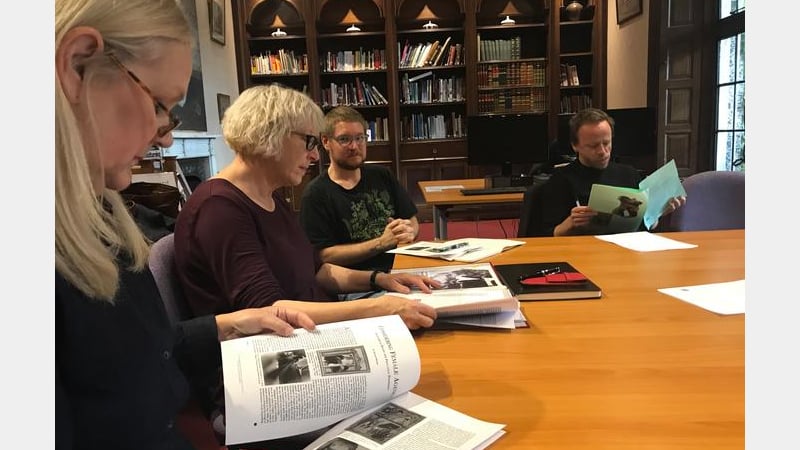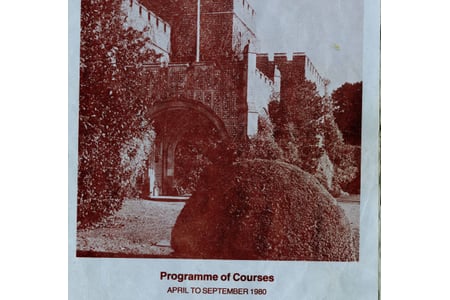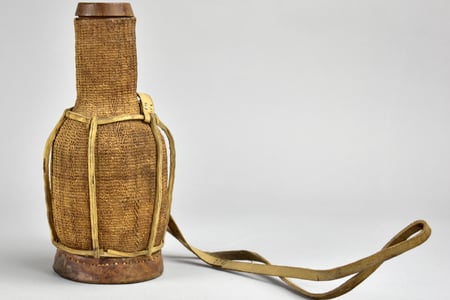Two of the books below were added to the Library collection because some of the debates that surround Queer theory have their contemporary beginnings in the work of both writers. It is obviously hard to pin-point the beginnings of debates, but the books historically situate the debates in both a European and American context:
BUTLER, J. (no date) Gender trouble: feminism and the subversion of identity. Routledge, London
Generally, this book is seen as one of the important works in contemporary feminist theory and as important for those that are interested in the study of gender, queer theory, or the politics of sexuality. In this work, she expresses a key tenet that some would say went on to ignite and fuel the debate, this idea was that of ‘performative theory’. This idea would in essence end up challenging the very idea of heteronormativity and the function of gender in the then modern world as we would have seen it previously.
Although the book may have caused a debate, Judith Butler herself was clear when she wrote that the aim in her book was "not to prescribe a new gendered way of life [...] but to open up the field of possibility for gender [...]" this was written in the preface to the (1999) 10th anniversary edition of Gender trouble: feminism and the subversion of identity.
SEDGWICK, E.K. (1990) Epistemology of the closet. Berkeley: University of California Press.
Eve Kosofsky Sedgwick's Epistemology of the Closet draws upon the classic texts of European and American writers which include Melville, James, Nietzsche, and Proust. It focuses and examines the change at the end of the 19th century where sexual orientation became as important for defining identity as gender had been previously. This text was important in the context of the American debates surrounding Queer Theory.
In the preface to later updated edition, Sedgwick places the book in a historical and personal context looking specifically at the first wave of the AIDS epidemic and its influence on the text.
The following collection of essays came to my attention during the height of the recent Black Lives Matter protests in the USA and were purchased since many of the essays speak equally to the issue of ‘identity’ in its largest sense.
LORDE, AUDRE. The Master's Tools Will Never Dismantle the Master's House. Penguin Classics, 2018.
Lorde examines her identity and experiences as a “black, lesbian mother” in the context of a delegitimising white patriarchy. Emotion is seen as not only a tool of enfranchisement but also of self-expression. In the essay ‘Uses of the Erotic’ the “erotic” becomes something that is a kind of state of emotional freedom. Lorde writes ‘When I speak of the erotic, then, I speak of it as an assertion of the life force of women; of that creative energy empowered, the knowledge and use of which we are now reclaiming in our language, our history, our dancing, our loving, our work, our lives’[iv] This series of essays have never been so significant as during the Black Lives Matter protests.
Being responsive to our readers also means that we encourage those readers to suggest material. Therefore, the text below was purchased in response to a student request and to specific creative research that they were engaged in at that time.
DAVIS, W. (2010) Queer beauty: sexuality and aesthetics from Winckelmann to Freud and beyond. Columbia: Columbia University Press
Davis argues that the pioneering work of Johann Winckelmann (1717-1768) identified a homoerotic appreciation of male beauty in classical Greek sculpture. Moreover that this interest had continued in Western art since the Greeks. Yet it is believed that after Winckelmann, according to Davis, the value (even the possibility) of art's queer beauty was often denied or even denigrated.
This book critiques the dominant theories of art and sexuality through an analysis of history, philosophy, science, and psychology. In so doing, Davis questions the advantaged types of sexual and aesthetic creation envisaged in modern culture and assumed today. As such, this text is a significant consideration of our perceptions and asks us to question our ideas of beauty.
The final two books in this selection are catalogues of exhibitions. Many of the texts above are very text and word based and our collection is as much about the image as it is about the word. Such catalogues are an important part of our collection, because of the power of the imagery of these artists and in the way that they engage with issues and debates related to the teaching, learning and research being undertaken at West Dean College.
LONGABUCCO, M. (2020) Nicole Eisenman Incelebisan. Dieu Donne Lab Grant Program. Publication Series No. 18. New York: Dieu Donne and Andrew Kern Gallery
Nicole Eisenman’s work often deals with themes of sexuality through comedy and caricature. It is powerful, clear and humorous and the ‘posters’ in this publication illustrate this. This catalogue in the collection accompanied an exhibition of her work at the Dieu Donné and Anton Kern Gallery. The catalogue represents the complete set of Nicole Eisenman paper pulp works created over the past two years. This fully illustrated, 92- page book includes a text by Matt Longabucco.
The pulp ‘posters’, as she referred to them, take their inspiration from the language of movie posters, advertisements, the drawings of William Blake, and internet memes. Many of these ‘posters’, illustrate complex and frequently humorous thoughts through a succinct phrase and uncomplicated image.
KM21. (2020) Lisa Brice Smoke and Mirrors. London: Stephen Friedman Gallery and Salon 94.
As a figurative painter it is significant that historical figuration seems invariably created by white men for an audience of predominantly white men.”
– Lisa Brice [v]
Lisa Bice constantly questions and reinterprets traditional depictions of the female nude. The misogynistic nature of historical figuration has been challenged by others and her paintings belong within this canon. The images of women completing the everyday, the normal and mundane make them accessible to the viewer. In this catalogue, over a decade of her work is collated, including a selection of her paintings and works of paper, and so it beautifully depicts the full range of her work.
This book was added to the collection because it also relates to work that is being shown locally offering therefore an opportunity for students and staff to see the work at first hand.
Charleston, (no date) Lisa Brice. https://www.charleston.org.uk/exhibition/lisa-brice/




